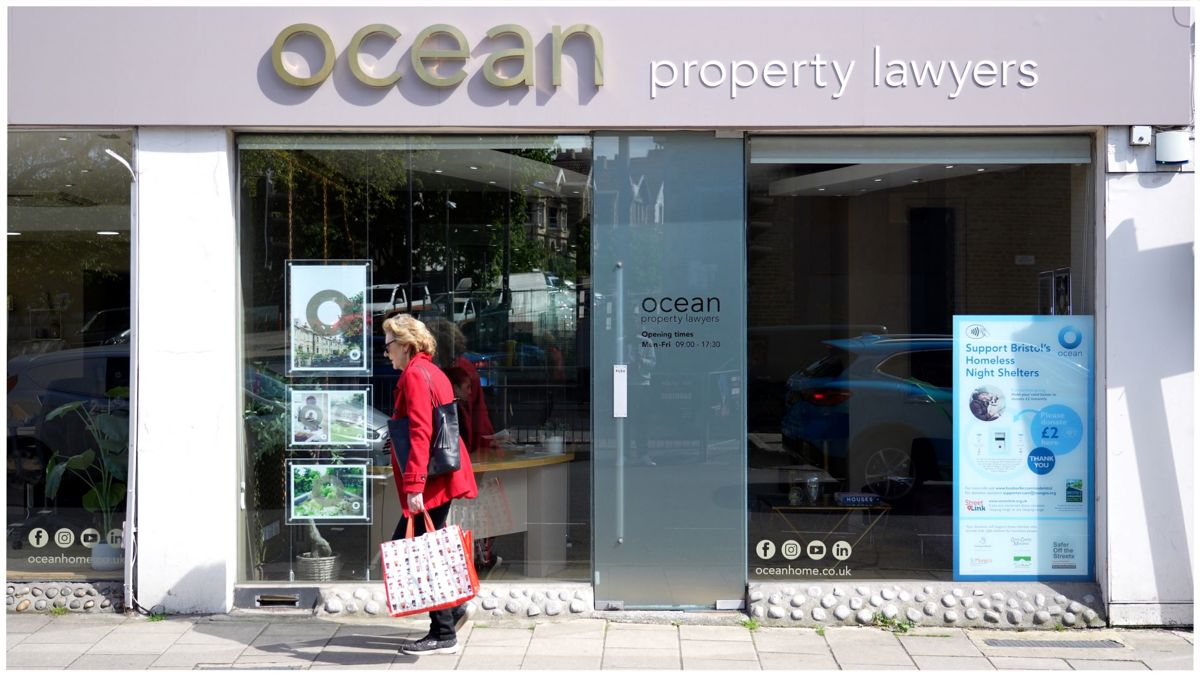Legal professionals will mention them, and you do have to pay for them when purchasing a property. So we explain exactly what they are.
15 Dec 2023
What are conveyancing searches?
Conveyancing searches do play a vital part in ensuring that you won't face any legal problems with your new home.
Here we briefly answer the crucial questions. Feel free to talk to one of our conveyancing experts if you want to know more.
the place for your conveyancer...
We hope this article was useful, if you would like to discuss anything regarding 'conveyancing' our legal team will be happy to help.
Share

Conveyancing
Our prices are realistic and competitive – we probably won't be the cheapest, but some corners aren't worth cutting.


